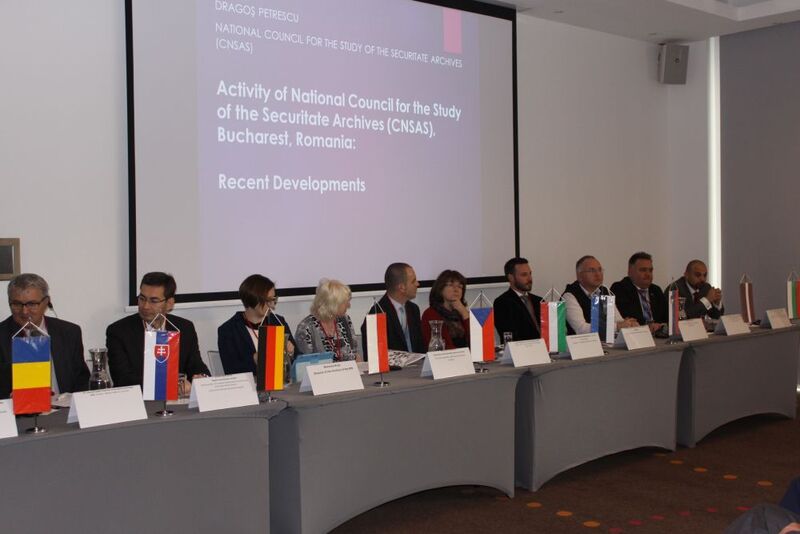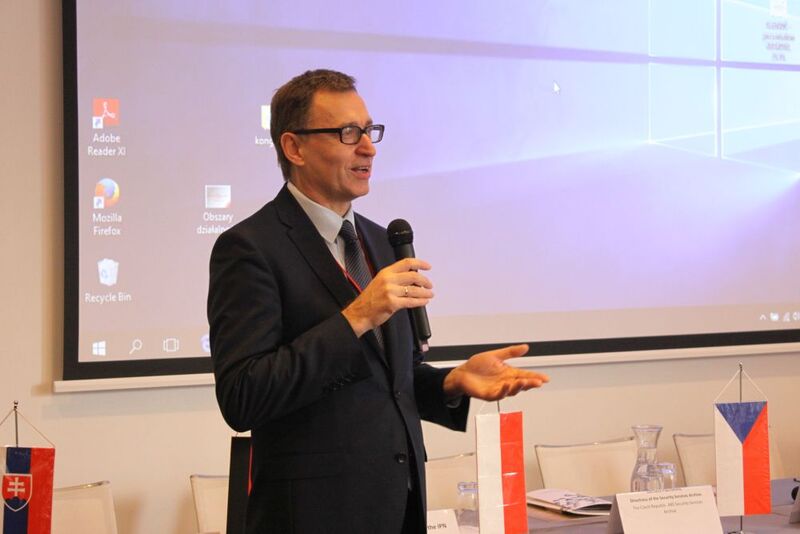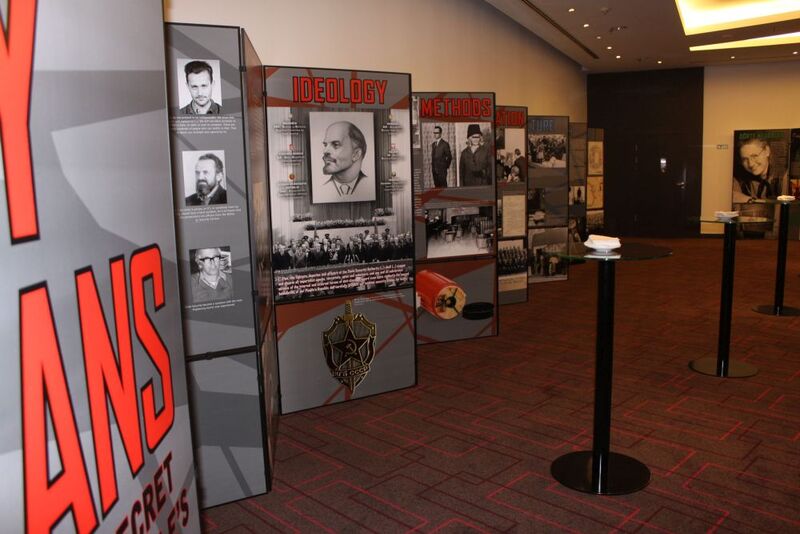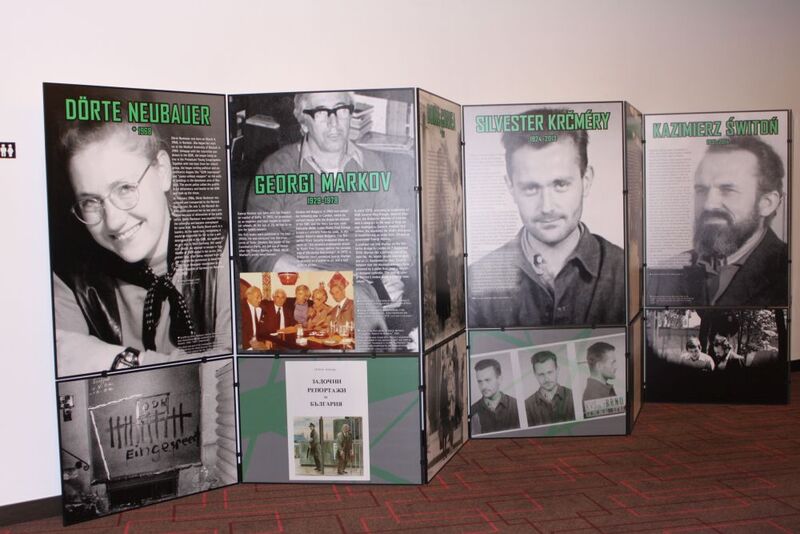The European Network of Official Authorities in Charge of the Secret Police Files was founded in December 2008 on the initiative of the Federal Commissioner for the Records of the State Security Service of the former German Democratic Republic also known as the Gauck Institute. The network consists of seven countries of Central and Eastern Europe, namely Poland, Bulgaria, the Czech Republic, Germany, Hungary, Romania and Slovakia.
In 2016 the Institute of National Remembrance took on the Presidency over the Network from the Federal Commissioner for the Records of the State Security Service of the former German Democratic Republic (BStU). The meeting of Network members organised by the IPN took place on 29-30 November 2016 in Cracow.
During the November conference in Poland individual Network representatives elaborated on the current status of their institutions, describing ongoing activities, tasks and achievements. The main point of the event was a panel discussion on "Electronic computer systems of the communist security services in Central and Eastern Europe" and new opportunities related to the use of databases of the former secret police in scientific work as well as the simplification of procedures enabling the prosecution of communist crimes.
Dr Jarosław Szarek, President of the Institute who took part in a meeting with journalists, expressed the hope that countries formed after the breakup of the Soviet Union, above all Ukraine will be included in the network in the near future.
During a press conference President of the IPN officially passed on the presidency over the European Network of Official Authorities in Charge of the Secret Police Files to the National Council for the Study of Securitate Archives represented by Prof. Dr Dragos Petrescu, at the same time expressing his absolute conviction as to the fact that the Network is going to be well taken care of and prosper during the Romanian leadership.
The meeting of the representatives of the European Network of Official Authorities in Charge of the Secret Police Files was a good opportunity to take up the discussion on the IT legacy generated and shaped by the security police in particular countries as well as the possibilities of the use of these types of databases in scientific projects, vetting or the prosecution of communist crimes. The effect of the long-term ongoing cooperation between particular members of the network was the designing of a test version of a website presenting the documents of multilateral meetings of the security services by Dr Franciszek Dąbrowski and Dr Władysław Bułhak from the IPN. The website is going to be tested until the next meeting.
The participants of the meeting also had the chance to take part in the screening of Kwatera Ł (Zone L) by Arkadiusz Gołębiewski, a film about the secret burial place of those murdered by the security services in 1945–1956, located alongside the wall of the Military Cemetery in Powązki in Warsaw.
The exhibition entitled "By Any Means" portraying the impact and scope of the activities of the security services in the countries of the Eastern bloc on people’s daily lives and the degree of control over the citizens these services exercised was also presented during the conference. Grzegorz Wołk, the co-author of the display, told the guests and journalists gathered at the event about the underlying principles of the concept. The exhibition covers the period between 1944-1989 and touches upon European countries of the Eastern Bloc, with the exception of the Soviet Union. The exhibition is divided into three main parts: the secret services, daily life and biographies.



